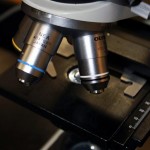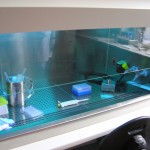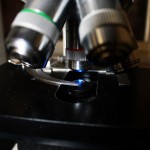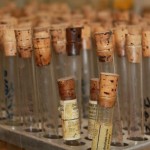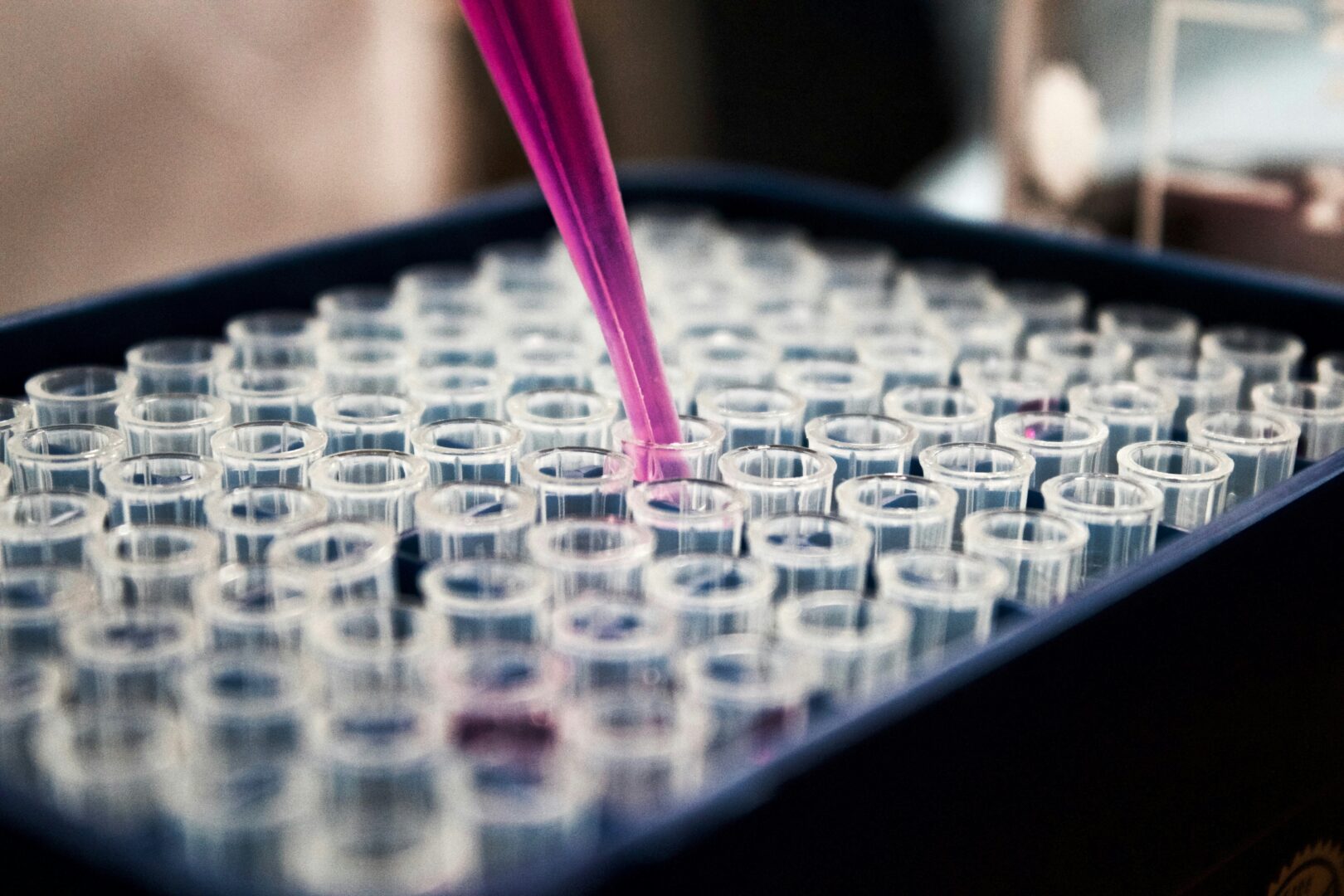Study curriculum | Accreditation [PDF]
On the threshold of the third millennium with modern developments in science and highly sophisticated technology, the development of medical laboratory diagnostics is an essential segment of modern medicine. Nowadays it is almost impossible to work without a team in which one of the essential links is laboratory medicine as the basic starting point in the diagnosis of the disease, treatment and cure.
Our time demands a new approach to health and health policy, based on the definition of health by World Health Organization : “Health is created and lived by people within the settings of their everyday life; where they learn, work, play and love. Health is created by caring for oneself and others, by being able to take decisions and have control over one’s life circumstances, and by ensuring that the society one lives in creates conditions that allow the attainment of health by all its members.” (Ottawa, 1986).
The moment an individual’s health is impaired, the role of a bachelor of laboratory medical diagnostics in health care system is extremely important. By expert interpretation of test results they help in creating an accurate assessment of the patient’s condition, which enables adequate and mostly successful treatment.
For all this to be achieved it is necessary to educate bachelors of laboratory medical diagnostics at a full-time study programs which last for a minimum of three years, after previous twelve-year education .
General information
University of Applied Health Sciences
Name of the study
Professional Study in Laboratory Medical Diagnostics
Duration
Three (3) academic years (6 semesters)
Admission conditions
Fully completed four-year secondary school program and entrance exam.
Job skills and competences
Prerequisites for working in a laboratory of any kind is the knowledge of a foreign language (preferably English), the use of professional literature, computer skills, following the rules of medical ethics, professional development, research activities and transfer of knowledge to younger colleagues.
After graduation, students will be able to:
- organize the collection, transportation and storage of biological material
- organize activities of regular work program in the analysis of biological materials, guide and control health technicians and bachelors of laboratory medical diagnostics
- maintain and calibrate certain devices through application of work quality principles
- perform complex tests in all fields of laboratory medicine using the knowledge of operating simple and complex equipment for spectrophotometry, fluorometry, polarimetry, nephelometry, turbidity, densitometry, atomic absorption spectrophotometry, gas chromatography and electrophoresis
- detect and quantify substrates, activities of enzymes, hormones, vitamins, medicines
- make hemograms (CBC , RDW , MCV , MCH , MCHC), leukocyte count, reticulocyte count, blood count, platelet count, PDW, tromocytes, MPV and other cytochemical-hematology tests, including coagulation and transfusion tests
- work in special conditions – sterile work, sterilization, decontamination
- isolate bacteria, viruses, fungi and parasites in all segments of diagnosis
- prepare histological, histopathological and cytological preparations in all their stages
- work in all types of laboratories and in related sciences (veterinary medicine, biology, pharmaceutical industry, etc.)
Although a bachelor of laboratory medical diagnostics is a part of a team, they will still have to be able to work independently, work on call and in shifts, and fully control the quality of their work.
Other information
Upon finishing their studies, the students will acquire knowledge and skills in all types of laboratory diagnostics and they will be able to:
- work according to the principles of medical ethics, respecting international codes of conduct in health care
- master the work requirements in a laboratory: organization of work and connection with other departments, professional terminology, the hierarchy in healthcare, legal and economic regulations, maintain the equipment, communicate with staff, especially with patients, and perform the activities of a bachelor of laboratory medical diagnostics in laboratory medicine and medical laboratory diagnostics as part of medicine.
The study program enables the acquisition of:
- theoretical knowledge
- practical knowledge and skills
The program includes all levels of laboratory diagnostics – from the basic diagnostic procedures performed in smaller, less well-equipped laboratories, to highly differentiated, experimental and scientific ones.
After completing his studies, a bachelor of laboratory medical diagnostics should:
- be able to perform clinical chemistry, hematology and transfusiology tests, microbiology, pathology, cytology, immunology and biological tests, genetic testing and testing in all other areas they acquired in the course of their studies
- be able to handle all required equipment
- be able to participate in teamwork
- • keep in mind the patient who is the main reason for his expertise
Venues for study program implementation
University of Applied Health Sciences in Zagreb, clinics, institutes of Zagreb School of Medicine, general and specialty hospitals and institutes and their specialized laboratories.
- University of Applied Health Sciences in Zagreb
- School of Medicine in Zagreb, in the following institutes:Institute of Anatomy, Institute of Physiology, Institute of Histology, Institute of Biology, Institute of Pathology and pathological anatomy, Institute of Pharmacology, Institute of Microbiology and Department of Hygiene and Social Medicine
- Polytechnic of Zagreb
- University of Food Technology and Biotechnology in Zagreb
- Institute of Chemistry
- Clinical hospital center Rebro – Institute for Laboratory Diagnostics
- Clinic for Women’s Diseases and Obstetrics – diagnostic laboratories
- Clinical hospital Center Šalata – Institute laboratories
- Clinical hospital Dubrava – diagnostic laboratories
- Clinical hospitalMerkur – Institute of Clinical chemistry and hematology laboratories
- Clinic for children diseases in Zagreb
- Clinic for tumors
- Clinic for Diabetes, Endocrinology And Metabolic Diseases “Vuk Vrhovac”
- General hospital “Sveti Duh”
- Clinical Center for Pulmonary Diseases“Jordanovac”
Summer clinical practice is held in county hospitals, general and specialty hospitals and health centers.
Spatial requirements (lecture rooms) and equipment needed for study program implementation
Lecture halls with classical and modern audio-visual equipment, demonstration rooms equipped with multimedia and video equipment, TV system, IT equipment (maximum of two students per one computer), library – IT hub.
Institute of Anatomy, demonstration rooms for biology, chemistry, physiology, histology, immunology, hematology, clinical chemistry, microbiology and parasitology, pathology, cytology, genetics and pharmacology lectures.
Well- equipped laboratories to carry out all diagnostic procedures; as well as hospital departments.
Evaluation of the study program implementation and efficiency
Successful implementation of the program is evaluated by an assessment scale by which students evaluate the usefulness of the study content, the preparation of the teachers for lectures, clarity of instruction and the amount of new content.



